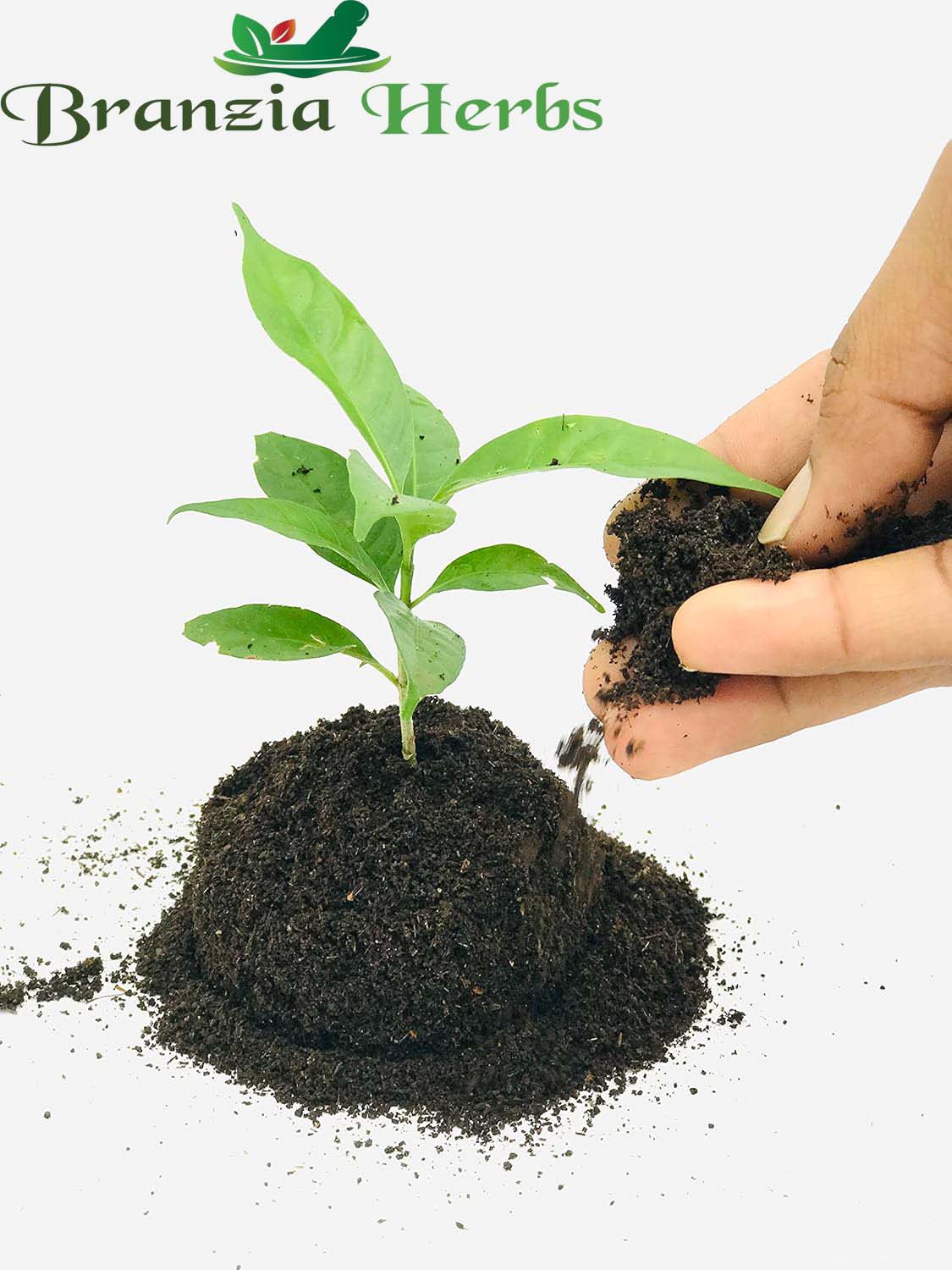-
Plant Description:
-
Scientific Name: Elettaria cardamomum.
-
Appearance: Cardamom is a tropical plant that grows up to 1-2 meters in height. It has large, green leaves and produces small, white or greenish flowers. The seeds are contained within pods that are harvested and dried for use.
-
Traditional Uses:
-
Culinary Uses: Cardamom seeds are renowned for their strong, sweet, and slightly spicy flavor. They are used in both sweet and savory dishes, such as curries, rice dishes, desserts, and beverages like chai tea. They are a key ingredient in many spice blends and flavoring agents.
-
Digestive Health: Cardamom seeds are traditionally used to aid digestion. They are known for their carminative properties, which help reduce bloating, gas, and indigestion. They are often used to relieve gastrointestinal discomfort.
-
Respiratory Health: The seeds have been used to help manage respiratory issues such as coughs, colds, and bronchitis. They are believed to have expectorant properties that assist in clearing mucus from the respiratory tract.
-
Anti-inflammatory: Cardamom has anti-inflammatory properties that help in reducing inflammation and may assist in conditions related to inflammation.
-
Antioxidant: The seeds have antioxidant properties that protect cells from oxidative stress and free radical damage.
-
Preparation and Use:
-
Whole Seeds: The whole cardamom pods can be used in cooking. They are often added to dishes and then removed before serving. The seeds can be extracted from the pods for use in recipes.
-
Ground Seeds: Cardamom seeds can be ground into a fine powder and used as a spice in cooking. Ground cardamom has a more intense flavor compared to whole seeds.
-
Infusions and Teas: Cardamom seeds can be used to make infusions or added to teas for both flavor and medicinal benefits.
-
Essential Oil: Cardamom essential oil, derived from the seeds, is used in aromatherapy and for its therapeutic properties. It is also used in some personal care products.
-
Properties:
-
Digestive Aid: Supports digestion, reduces bloating, and alleviates gastrointestinal discomfort.
-
Respiratory Health: Helps manage respiratory issues and clears mucus.
-
Anti-inflammatory: Reduces inflammation and helps with inflammatory conditions.
-
Antioxidant: Protects against oxidative stress and free radical damage.
-
Antimicrobial: Offers protection against microbial infections.
-
Ayurvedic and Traditional Significance:
-
Therapeutic Use: In Ayurveda, cardamom is used to balance the doshas (body energies) and support overall health. It is included in treatments aimed at improving digestion, respiratory health, and reducing inflammation. Cardamom is considered a warming spice and is used to stimulate digestion and improve appetite.
Note:
Cardamom is generally safe for most people when used in culinary amounts. However, if using cardamom seeds or extracts for medicinal purposes, it is important to consult with a healthcare professional, especially if you have specific health conditions, are pregnant, or are taking other medications. Proper usage and dosage are important to maximize benefits and avoid potential side effects.




